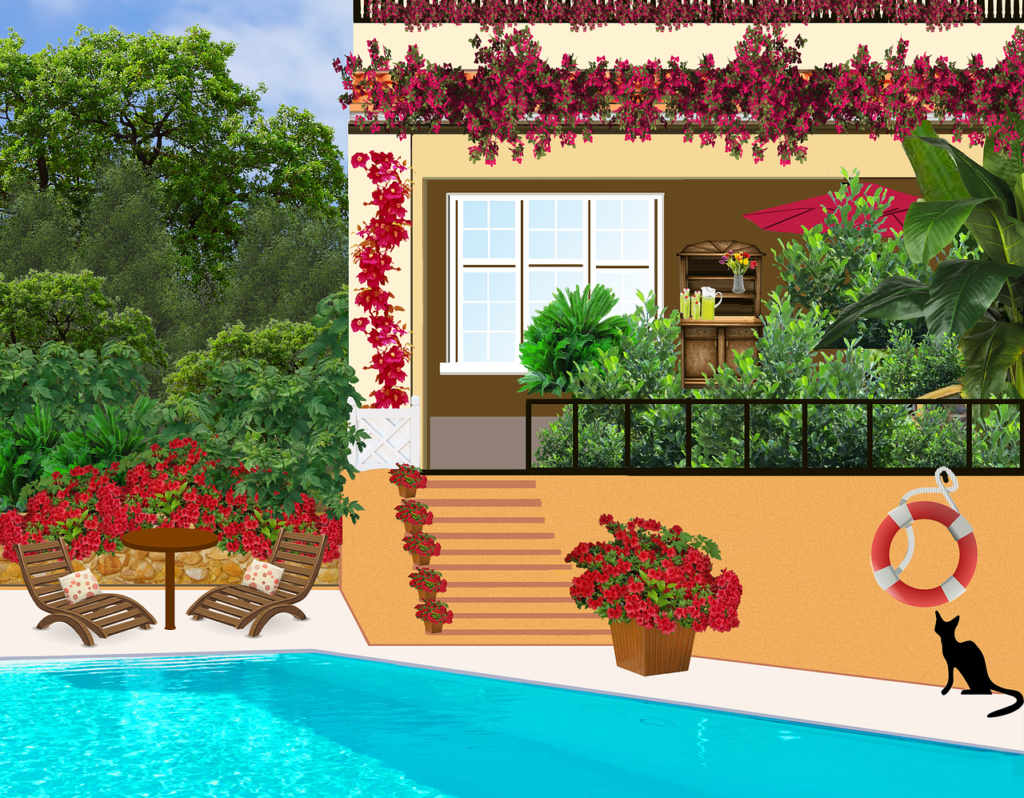When it comes to adding a refreshing oasis to your property, few options rival the allure of a swimming pool. However, deciding between an inground pool and an above-ground pool can be a significant decision with various considerations to weigh. From cost and aesthetics to maintenance and installation, each option offers its own set of advantages and disadvantages. Let’s dive into the factors to consider when choosing between inground and above-ground pools:
Cost Considerations:
One of the most significant factors to consider is the cost. Inground pools typically come with a higher upfront cost due to excavation, construction, and installation expenses. On the other hand, above-ground pools are generally more budget-friendly, making them a more accessible option for many homeowners.
Aesthetic Appeal:
Aesthetics play a crucial role in the decision-making process. Inground pools often offer a sleek and seamless look that blends seamlessly with the surrounding landscape. They can be customized with various finishes, materials, and features to create a stunning focal point for your outdoor space. Conversely, above-ground pools may not offer the same level of visual appeal but can still be enhanced with landscaping and decking to integrate them into your backyard design.
Installation and Construction:
Installing an inground pool involves excavation, construction, and potentially extensive landscaping work, which can be time-consuming and disruptive. Above-ground pools, on the other hand, can be installed relatively quickly and require minimal site preparation. This makes them a more convenient option for homeowners looking for a faster turnaround time.
Maintenance Requirements:
Maintenance is another crucial consideration. Inground pools typically require more maintenance due to their larger size and deeper water. They may also require regular cleaning, chemical balancing, and equipment maintenance. Above-ground pools, while generally easier to maintain, still require regular upkeep to keep water clean and balanced.
Durability and Longevity:
Inground pools are typically considered more durable and long-lasting than above-ground pools. They are constructed with sturdy materials such as concrete, fiberglass, or vinyl and are designed to withstand the elements for decades with proper maintenance. Above-ground pools, while durable, may have a shorter lifespan and may require replacement or repairs over time.
Flexibility and Portability:
Above-ground pools offer greater flexibility and portability compared to inground pools. They can be dismantled and relocated if you decide to move or if you want to change the layout of your outdoor space. This flexibility makes them a popular choice for renters or homeowners looking for a temporary solution.
Safety Considerations:
Safety should always be a top priority when choosing a pool for your property. Inground pools can be equipped with safety features such as fences, alarms, and covers to prevent accidents and unauthorized access. Above-ground pools may also require safety measures such as fencing and locking gates to ensure the safety of children and pets.
Ultimately, the choice between an inground pool and an above-ground pool depends on your budget, preferences, and lifestyle. Consider the factors mentioned above carefully and weigh the pros and cons of each option to make an informed decision that suits your needs and enhances your outdoor living experience. Whether you opt for the luxury of an inground pool or the convenience of an above-ground pool, you’re sure to create lasting memories and enjoy endless hours of summertime fun in your backyard oasis.


